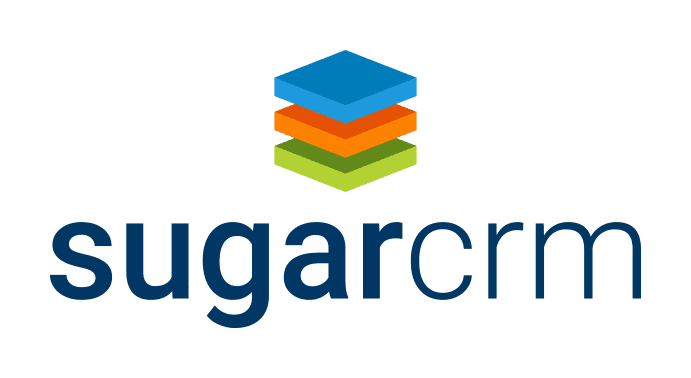While every business seeks to grow, scaling in the wholesale distribution industry means problems scale, too – often disproportionately.
Enterprise Resource Planning (ERP) offers a broad selection of core accounting and finance, business intelligence, customer relationship management, HR and payroll features to help distribution companies grow when old processes reveal themselves to be dysfunctional at higher volumes.
Let take a look at how five common issues facing growing wholesale distribution operations are eliminated by wholesale distribution ERP software.
Inventory Management
Perhaps the most important part of a wholesale distribution business lies in its warehouse management system. The ability to pull and pick the right inventory, pack it, ship it to the right recipient for on-time delivery and billing is dependent upon a well-organized and efficient warehouse.
By implementing distribution ERP software, distributors are able to track all orders running through the system and all associated inventory materials. Designed for tracking parts from lots, batches, bins, to individual piece numbers, and by unifying this data with all other operational data such as by sale, order, and customer relationship, ERP inherently solves a great many of the organizational challenges of effective inventory management.
Integrated Operations
Workflow processes for new and growing companies seldom integrate data pipelines from different departments. As such, many wholesale distributors struggle when workflows are effectively segregated.
ERP systems bring all operational data under the same umbrella, vastly simplifying the struggle of keeping everyone within the organization unified and on task with up to date information pertaining to inventory, work processes, orders, logistics, and more.
Workflow Breakdowns
Beyond simple operational inefficiencies caused by outdated workflow processes, some wholesale distributors wait too long to install new process protocols and workflows in the warehouse outright break.
Just as ERP helps get everyone working together and on the same page, it also helps management and department heads detect inefficiencies and gives users the ability to generate reports on trouble spots. Discovering inconsistencies and delivering valuable insights into workflow processes and breakdowns is distribution ERP’s specialty.
Cost-Effectiveness
In addition to all of the benefits of tracking and monitoring the flow of materials and inventory through the business, granting users the ability to easily understand their true inventory needs and thus cease redundant or unnecessary purchasing.
With these problem areas identified, management can install improved procedures, equipment, or personnel in order to solve the problems. While such solutions may require a bit of initial investment depending upon the specific issues at hand, ultimately distributors are able to save money and increase efficiency to keep growing.
Ease of Data Access
Many manual data and inventory management systems restrict access to data from within internal networks, tying staff to a workstation.
Today’s wholesale distribution ERP software systems offer cloud-based solutions to businesses so that the key decision-makers can log in and view any relevant data to their concerns from anywhere, vastly increasing business agility and making it possible to respond to problems quickly and effectively.
More distributors are choosing wholesale distribution ERP due to its modernized user-interface and bundled services which help you to make better purchasing decisions while managing supplier quality and performance.
With ERP, you’re able to ramp up profit margins and empower your teams at the same time. Warehouse and sales staff get mobility and visibility into customers, stocks, past purchases, quotes, and promotions through any connected device.

